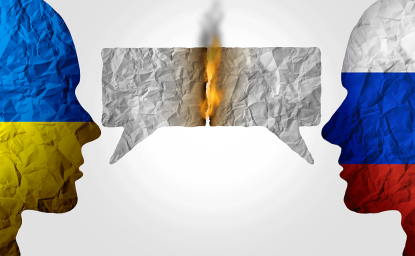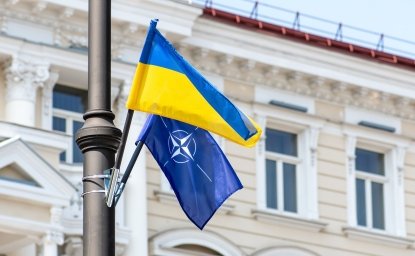The Latest
Lai Ching-te, of the Democratic Progressive Party of Taiwan, pledged to keep the nation safe while also calling for talks with Beijing upon being sworn into office. The White House sent a delegation to the new president's inauguration, showing support for democracy amidst tense relations with China.
Shihoko Goto, Director of the Wilson Center's Indo-Pacific Program, comments on the transition to a new leader. She discusses President Lai's vision for Taiwan and how China has responded, how the international community is supporting Taiwan, and what kinds of challenges lie ahead.
Video Transcript
-
Taiwan Swears-in New President Amidst Heightened Tensions with China
Guest


Indo-Pacific Program
The Indo-Pacific Program promotes policy debate and intellectual discussions on US interests in the Asia-Pacific as well as political, economic, security, and social issues relating to the world’s most populous and economically dynamic region. Read more

Explore More
Browse Insights & Analysis
Greenland’s New Governing Coalition Signals Consensus

The Future of France's Far-Right Party

Ukrainian Issue in Polish Elections






